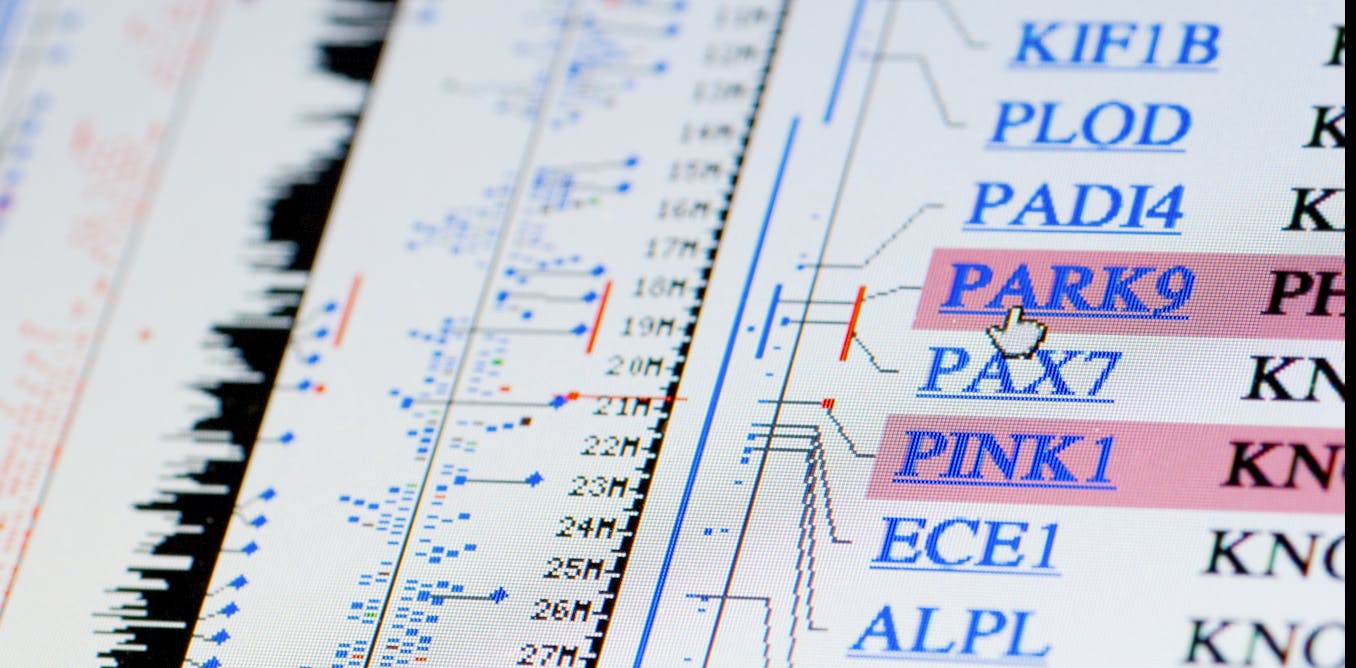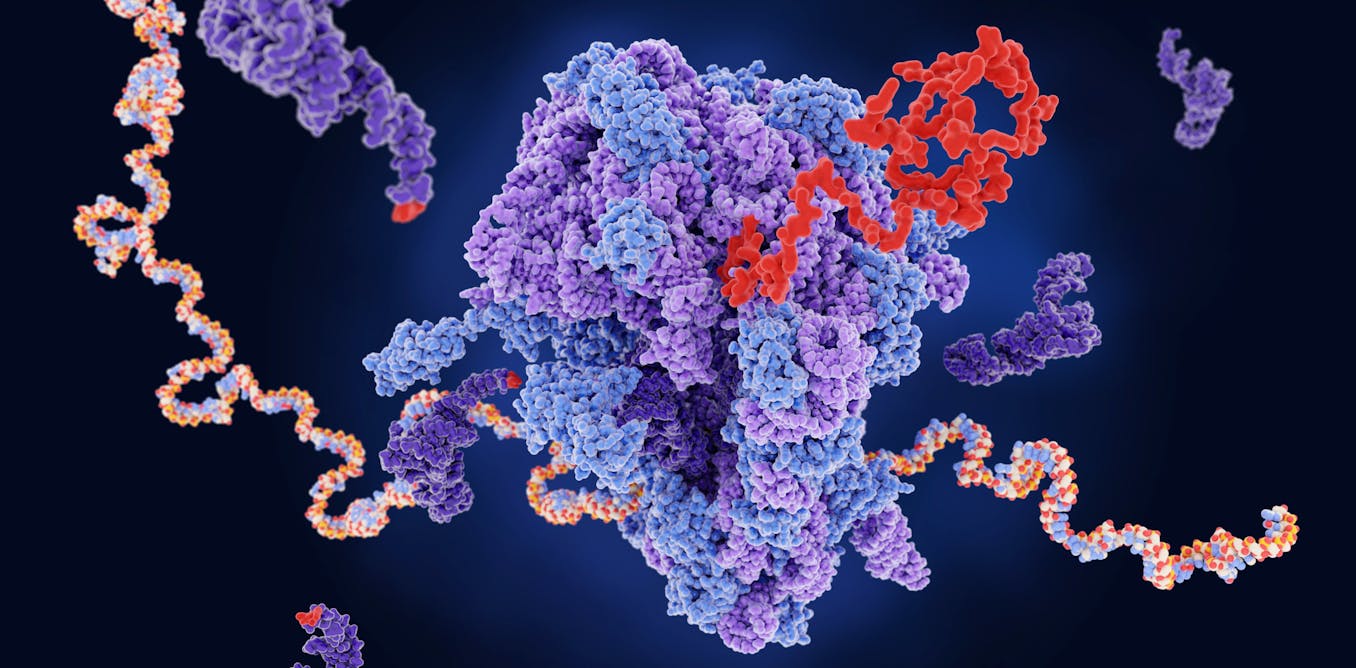Newly discovered genetic variant that causes Parkinson’s disease clarifies why the condition develops and how to halt it
No treatments are currently available to cure Parkinson’s disease. Better understanding the genetic foundation of this condition can help researchers find ways to slow or halt its progression.
April 10, 2024 • ~10 min







